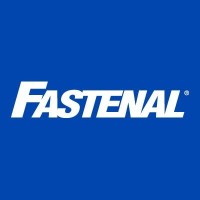
METRO AG
METRO is a leading international food wholesaler which specialises in serving the needs of hotels, restaurants, and caterers (HoReCa) as well as independent merchants (Traders). Around the world, METRO has approx. 15 million customers who benefit from the wholesale company’s unique multichannel mix: customers can purchase their goods in one of the large stores in their area as well as by delivery (Food Service Distribution, FSD) – all digitally supported and connected. In parallel, METRO MARKETS is being developed as an international online marketplace for the needs of professional customers which has been growing and expanding continuously since 2019. Acting sustainably is one of the company principles of METRO which has been listed in various sustainability indices and rankings, including MSCI, Sustainalytics and CDP. METRO operates in more than 30 countries and employs over 85,000 people worldwide. In financial year 2023/24, METRO generated sales of €31 billion. More information can be found at MPULSE.de, our online magazine. Data protection notice: https://www.metroag.de/en/data-privacy/social-media Imprint: https://www.metroag.de/en/imprint






